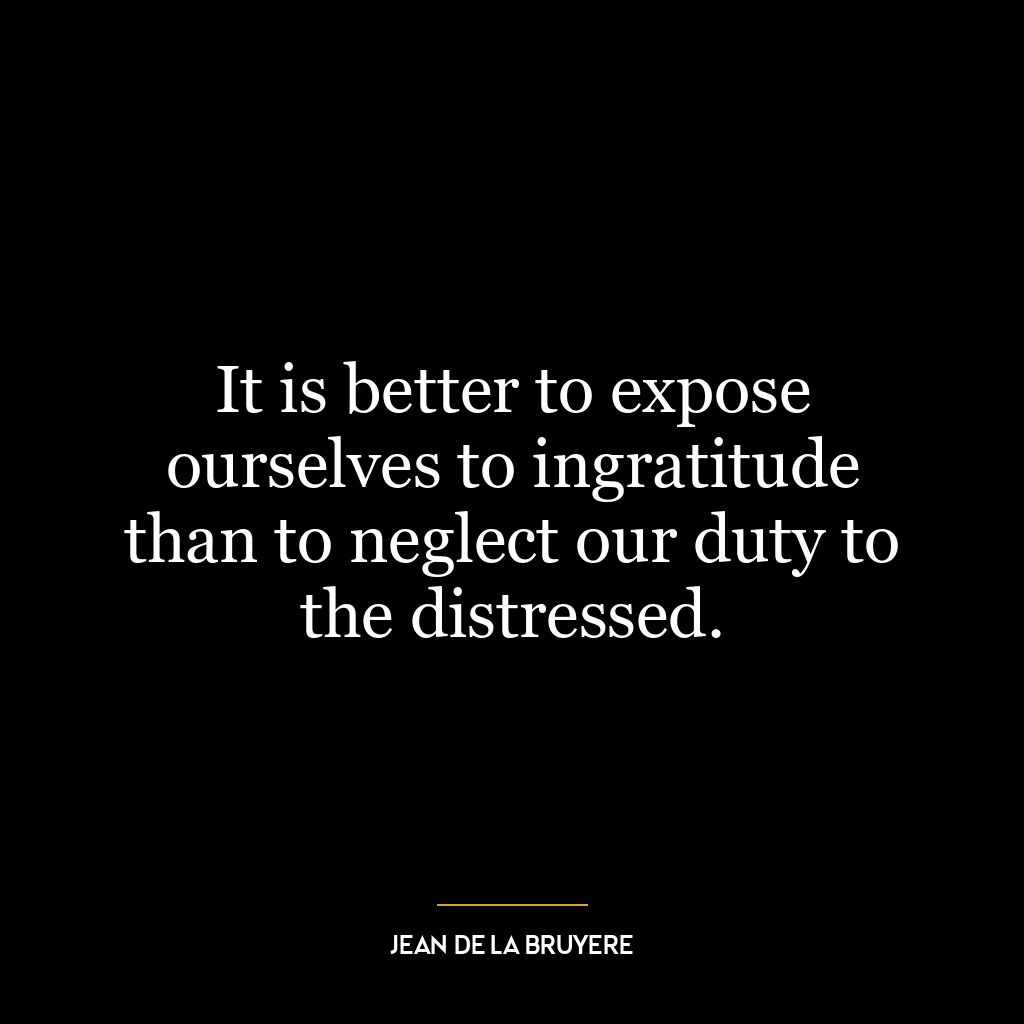Means to be means must always be within our reach, and so ahimsa is our supreme duty.
“Means to be means must always be within our reach, and so ahimsa is our supreme duty,” is a profound statement that emphasizes the importance of non-violence (ahimsa) as a fundamental principle of life. The quote suggests that the tools or methods we use to achieve our goals (the “means”) should always be accessible or available to us. This doesn’t necessarily refer to physical tools but rather moral and ethical principles.
The concept of ahimsa, which originates from Indian religions, primarily Jainism, Hinduism, and Buddhism, refers not just to physical non-violence but also mental and verbal non-violence. It’s about fostering an attitude of respect and compassion towards all living beings. In this context, Gandhi asserts that practicing ahimsa should be everyone’s primary duty because it’s something within everyone’s grasp—it requires no special skills or resources.
Applying this idea in today’s world can significantly impact both personal development and broader societal change. On an individual level, embracing ahimsa could mean consciously choosing words and actions that do not harm others physically or emotionally. It can also involve cultivating inner peace through practices like meditation which help reduce negative emotions such as anger or hatred that often lead to violence.
On a larger scale, promoting ahimsa could mean advocating for peaceful resolutions in conflicts instead of resorting to violence or war. It might involve working against systemic forms of violence like racism or inequality by promoting understanding and respect among different groups.
In essence, Gandhi’s quote reminds us that while we may not always control the outcomes (the ends), we have full control over our actions (the means). By making non-violence a fundamental principle in our lives—a tool always within our reach—we can contribute towards creating a more peaceful world while fostering personal growth.









